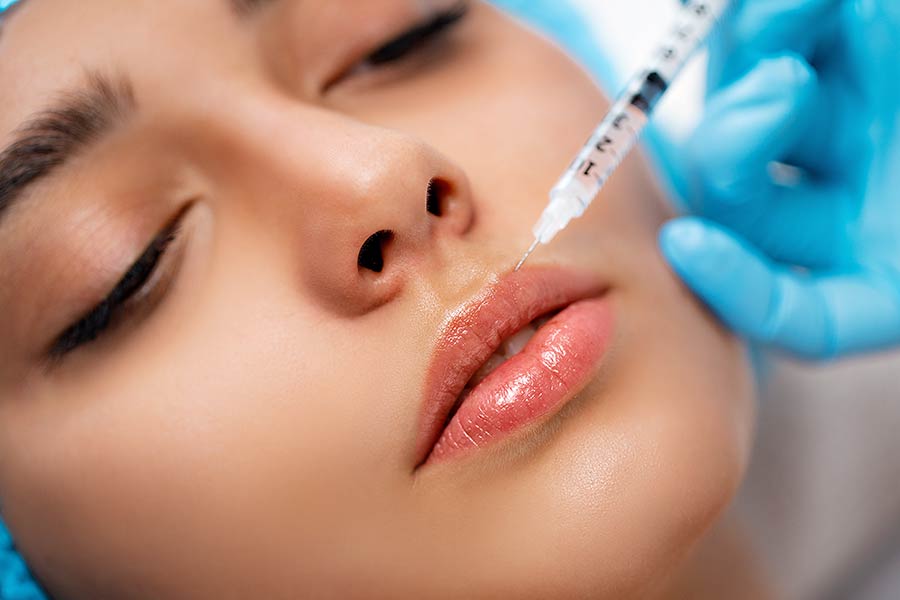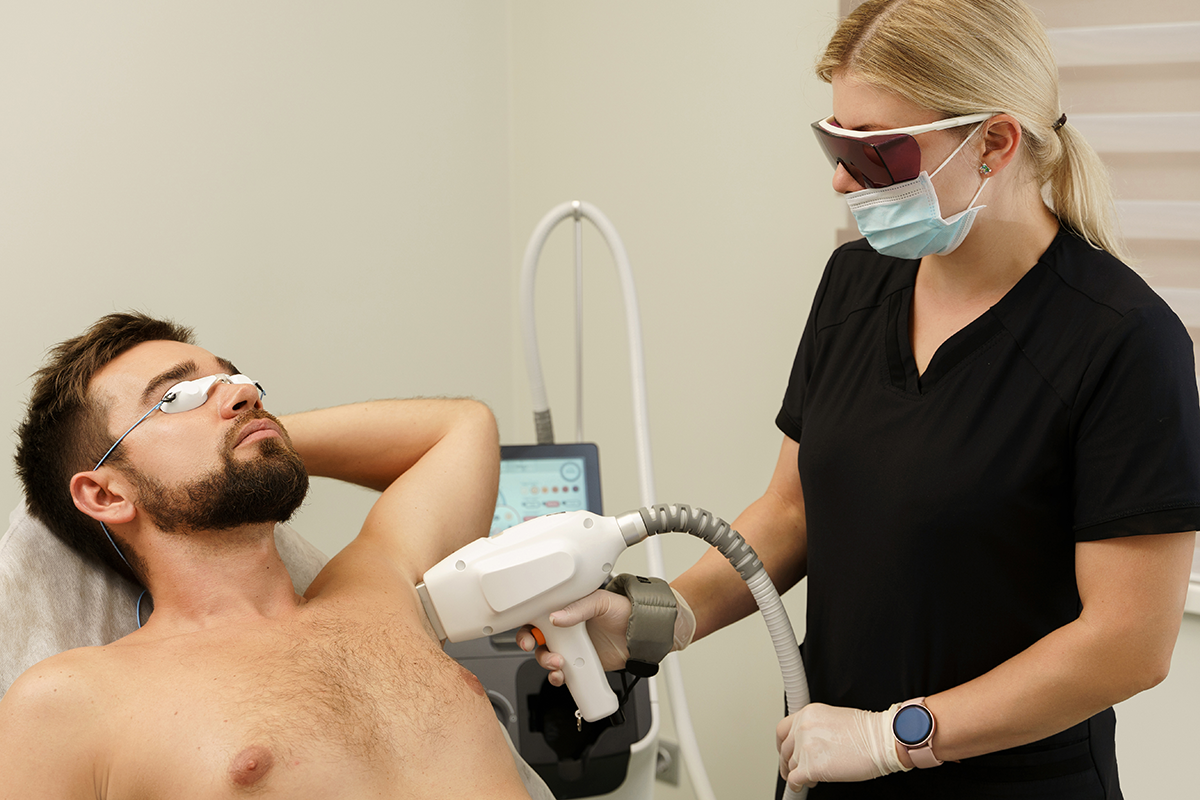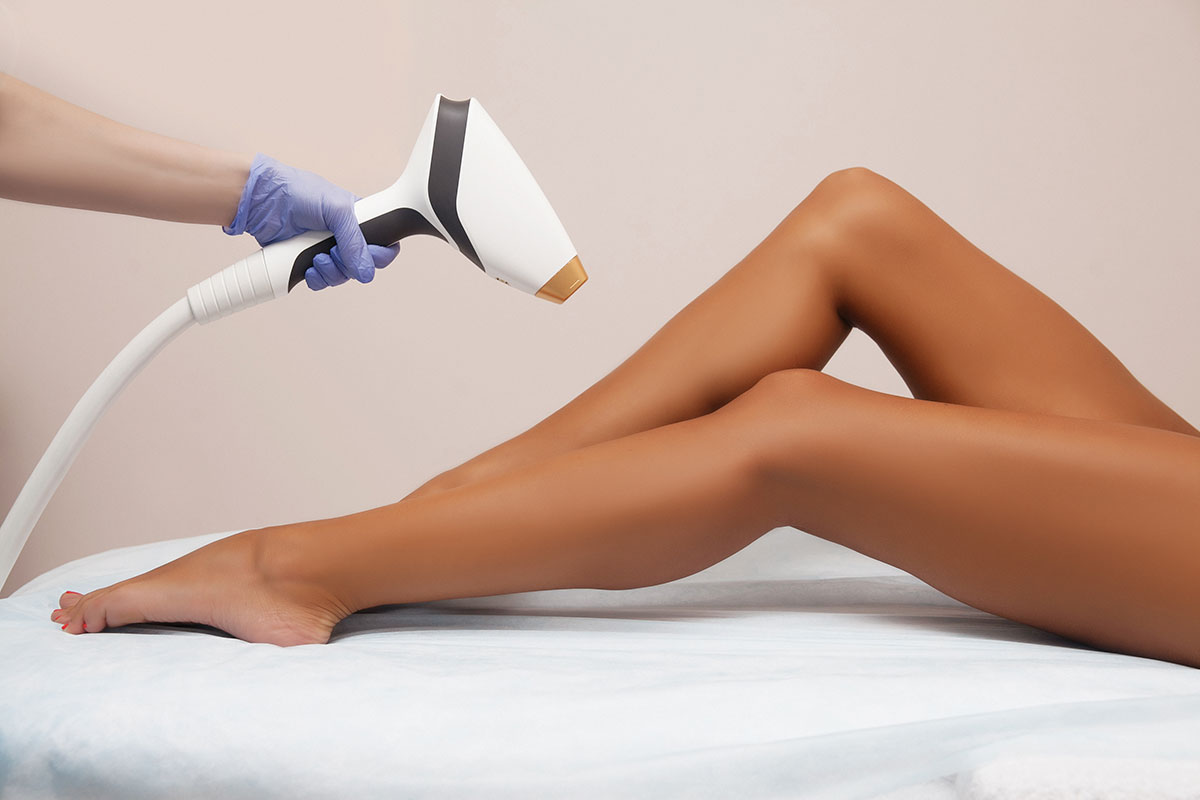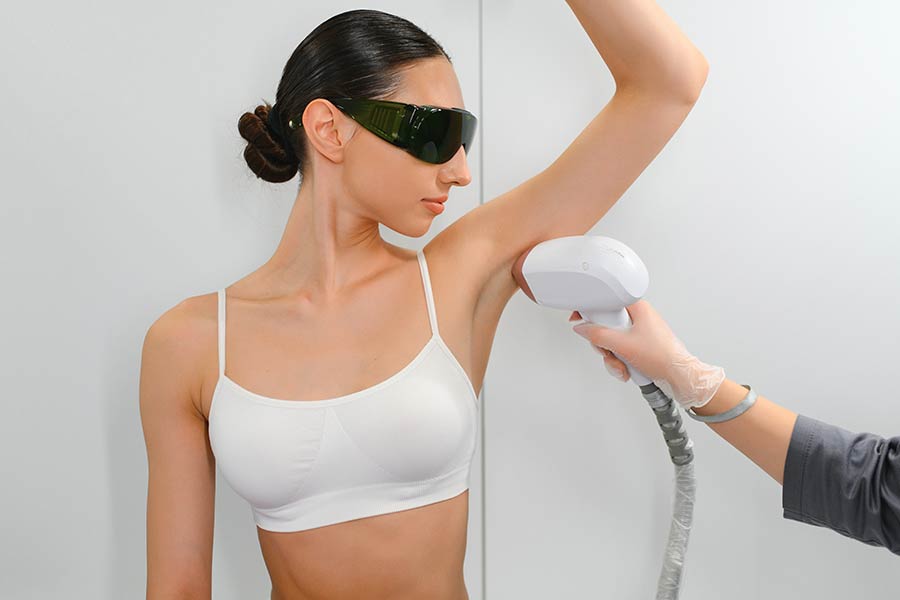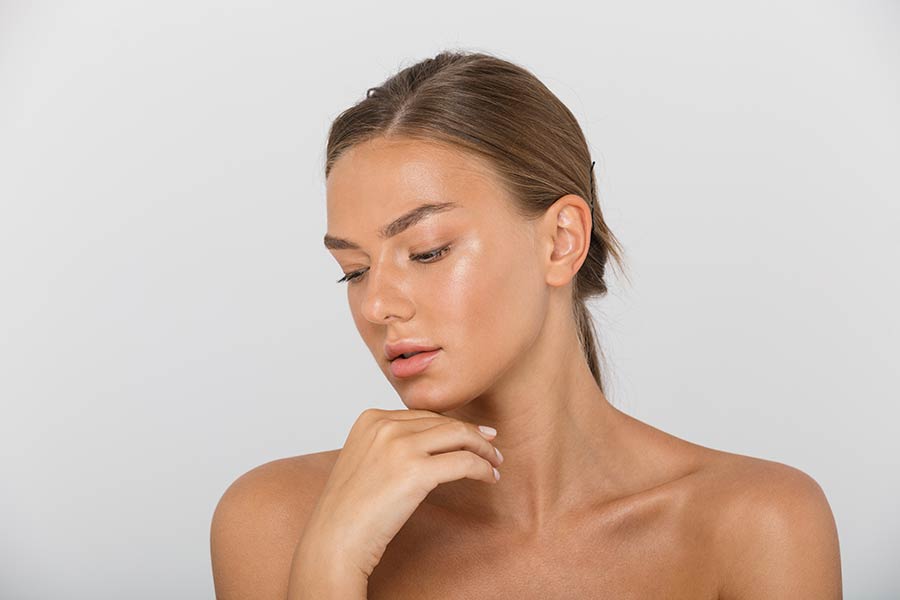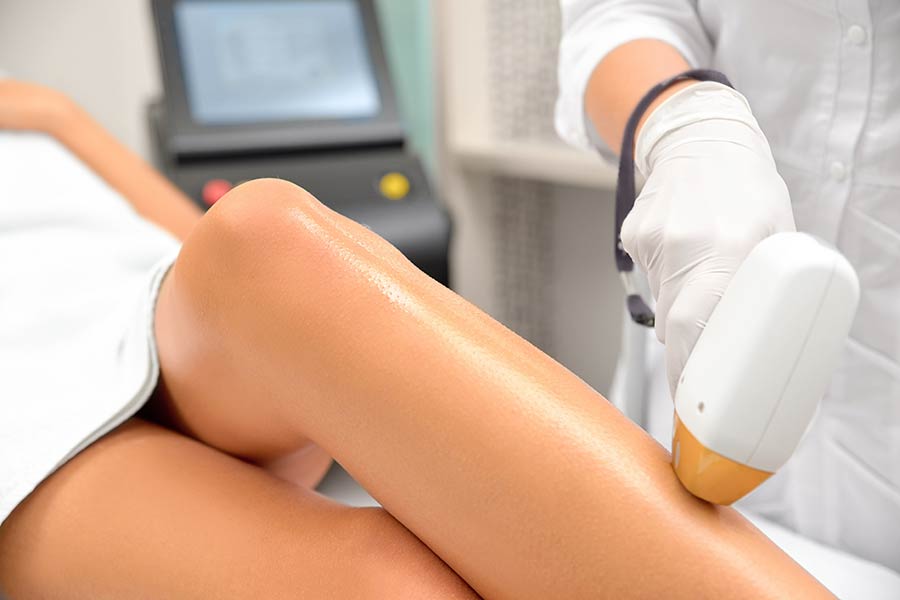Juvederm acne scar treatments stand out in the crowded world of skin care solutions. Unlike traditional methods that often deliver mixed results, Juvederm offers a promising alternative for those struggling with the aftermath of acne. This cutting-edge approach not only targets the scars themselves but also rejuvenates the surrounding skin, providing a smoother, more uniform appearance. It's a game-changer for anyone who has felt held back by their skin's texture and is seeking a reliable fix. With Juvederm, the journey to clearer skin is not just a possibility—it's within reach.
Key Takeaways
- Juvederm, a hyaluronic acid filler, can be an effective treatment for reducing the appearance of acne scars, offering a smoother skin texture.
- The procedure is minimally invasive, involves little to no downtime, and can provide immediate results, making it a convenient option for those seeking to improve skin appearance.
- Understanding the role of hyaluronic acid in promoting skin hydration and elasticity is key to appreciating why Juvederm works well for acne scars.
- While Juvederm offers promising results, it's important to have realistic expectations and discuss potential side effects with a qualified professional beforehand.
- Aftercare is minimal but crucial for maintaining the results; following your healthcare provider's advice on skincare post-treatment can prolong the effects of Juvederm.
- Comparing different treatment options and consulting with a dermatologist or cosmetic professional can help ensure that you make an informed decision that aligns with your skin goals.
Understanding Acne Scars
Types of scars
Acne leaves behind different types of scars, each with its own appearance. Atrophic scars are the most common. They appear as small indentations in the skin. These scars happen when the skin does not make enough collagen as it heals.
Hypertrophic and keloid scars are raised above the skin's surface. They occur when the body makes too much collagen. Hypertrophic scars stay within the injury's boundaries. Keloid scars can grow beyond these limits.
Fillers work best on atrophic scars. They help raise the indented areas to match the rest of the skin’s surface.
Causes of acne scars
The main cause of acne scars is inflammation from acne. This damages nearby skin tissue. As a result, collagen, a protein that keeps our skin firm, plays a big role in scar formation.
Scarring gets worse if you pick or pop pimples. These actions increase inflammation and damage further.
Impact on skin
Acne scars change how your skin looks and feels. Atrophic scars make your skin look uneven. Raised scars can be hard to cover with makeup.
These physical changes affect more than just your skin. They can hurt your self-esteem too. Many people feel less confident because of their acne scars.
It's important to treat these scars not only for your skin health but also for your mental well-being.
Dermal Fillers for Acne Scars
How fillers work
Fillers plump up depressed acne scars, making the skin look smoother. They get injected right under the scar. This process lifts the scar, bringing it closer to the surface level of the surrounding skin.
Fillers also help by stimulating collagen production. Collagen is a protein that makes the skin firmer and more elastic. Over time, this can lead to natural healing of the scar tissue.
However, it's important to remember that filler treatments are temporary. They usually last between 6 to 18 months. After that, you might need another treatment to maintain the results.
Types of fillers
There are several common filler materials used for treating acne scars:
- Hyaluronic acid
- Poly-L-lactic acid
- Calcium hydroxylapatite
Each type of filler works best for different kinds of scars. For example, hyaluronic acid is great for shallow scars because it adds volume and hydrates the skin. Poly-L-lactic acid and calcium hydroxylapatite are better for deeper scars.
Juvederm, a popular hyaluronic acid filler, is often chosen for acne scars. It's effective and has a good track record for safety and results.
Choosing the right filler
It's crucial to consult with a dermatologist before deciding on a filler. They can help you choose based on your skin type, scar type, and what results you want.
Considerations include:
- Your skin type
- The kind of scars you have
- What results you're hoping for
The experience of your practitioner plays a big role in achieving optimal outcomes. Make sure they have experience with treating acne scars with fillers.
The Role of Hyaluronic Acid Fillers
Benefits for scars
Hyaluronic acid fillers, like Juvederm, offer immediate improvement in the appearance of acne scars. This fast result is a big plus for people looking for quick fixes to their skin issues. Over time, these fillers can also lead to long-term improvements in skin texture. They work by adding volume beneath the skin's surface, which helps smooth out depressions caused by acne scars.
Another significant benefit is the minimal downtime. Unlike more invasive procedures, filler treatments allow individuals to return to their daily activities almost immediately. This makes it an attractive option for those who cannot afford a long recovery period.
Juvederm's effectiveness
Studies have shown that Juvederm is highly effective in treating acne scars. Its efficacy stems from its ability to lift and fill the depressed areas of the skin, making scars less noticeable. Compared to other fillers, Juvederm has a smoother consistency that allows for a more natural-looking result.
Patient satisfaction rates are high with Juvederm for acne scars. Many report not only an improvement in the appearance of their scars but also an increase in self-confidence. This positive feedback highlights Juvederm's role as a leading choice for those seeking to address acne scarring.
Other hyaluronic acid options
While Juvederm is a popular choice, there are other hyaluronic acid fillers on the market:
- Restylane
- Belotero Balance
- Teosyal
These alternatives offer varying degrees of effectiveness and longevity compared to Juvederm. For instance, some may last longer but might not provide the same level of smoothness or vice versa. Having multiple options available allows individuals to find the best match for their specific needs and preferences.
The benefits of having various choices include being able to tailor treatments based on individual skin types, scar depths, and desired outcomes. It ensures that there is likely a suitable option for nearly everyone considering filler treatment for acne scars.
The Procedure Explained
Before the treatment
To prepare for a Juvederm acne scar filler treatment, patients should avoid certain medications. Blood thinners and anti-inflammatory drugs can increase bruising. It's crucial to stop these at least a week before the procedure.
A consultation is key to setting realistic expectations. During this time, a practitioner will assess the acne scars and discuss potential outcomes. They might also conduct skin tests. This ensures there are no allergic reactions to the filler material.
During the treatment
The procedure starts with numbing the target area. This makes it comfortable for patients. Then, using fine needles, the practitioner injects Juvederm into and around acne scars.
A typical session lasts about 30 to 60 minutes. Precision techniques target specific scars, filling them from within. This smooths out the skin's surface.
After the treatment
Aftercare is simple but important for healing. Patients should avoid direct sun exposure and not apply pressure to the treated areas for a few days.
Recovery time varies, but most return to normal activities within 24 hours. Signs like unusual swelling or discomfort need prompt attention from a practitioner.
Results and Effectiveness
Immediate benefits
Patients often notice the immediate visibility of results after their Juvederm treatment. The gel-like filler smooths out acne scars, making the skin's surface appear more even and less pitted. This quick improvement in skin texture and scar appearance is a significant benefit for those seeking instant results. Many report a boost in confidence as they see their complexion become smoother right away. Patient satisfaction with these immediate outcomes is typically high, as the changes can be seen as soon as the swelling subsides.
Long-term improvement
Over time, Juvederm fillers do more than just fill in scars. They can also promote collagen production beneath the skin. This natural protein helps keep our skin firm and smooth. With regular treatments, patients might see lasting improvements in their skin's texture and elasticity. It's important to note that maintaining these results usually requires follow-up sessions. These maintenance treatments are crucial for sustained improvements, helping patients enjoy a smoother complexion for longer periods.
Case studies
Real-life examples further prove Juvederm's effectiveness in treating acne scars. For instance, one patient had deep acne scarring on her cheeks and saw significant improvements after just two sessions of Juvederm fillers. Before-and-after photos showed not only a reduction in scar depth but also an overall rejuvenation of her facial skin. Another case involved a young man with boxcar scars who underwent a series of treatments over six months. His follow-up care included not just additional filler injections but also advice on skincare routines that supported his skin's health.
In these cases, before-and-after results were dramatic, demonstrating how effectively Juvederm can address even severe acne scars. Follow-up treatments and proper skincare played roles in achieving these outcomes, highlighting the importance of a comprehensive approach to scar treatment.
Potential Side Effects
Common side effects
After receiving Juvederm treatments for acne scars, patients often experience common side effects. These include swelling, redness, and bruising at the injection site. Most of these reactions are mild and temporary, lasting a few days to a week.
Rarely, individuals might face more serious complications such as allergic reactions or infection. It's crucial to be aware of these possibilities even though they occur infrequently.
Managing complications
To handle common side effects from Juvederm injections, simple home remedies can be effective. Applying ice packs can reduce swelling and discomfort. Over-the-counter pain relievers may also help manage any soreness.
If symptoms persist beyond a week or worsen, it's important to contact your healthcare provider immediately. Following post-treatment instructions carefully can significantly minimize risks associated with the procedure.
When to seek help
Immediate medical attention should be sought if you experience signs of severe complications such as:
- Unusual pain or swelling that increases over time
- Signs of an infection like fever or pus at the injection site
- Any difficulty breathing or swallowing
Prompt action is essential in preventing symptoms from worsening. The practitioner who performed your treatment plays a key role in managing adverse reactions effectively.
Aftercare and Maintenance
Skin care post-treatment
After receiving Juvederm for acne scars, gentle skincare is crucial. Use mild cleansers and moisturizers to help your skin heal. Avoid any products that can irritate the treated areas. This means staying away from retinoids, glycolic acids, and scrubs for at least a week.
Sun protection cannot be stressed enough. Apply a broad-spectrum sunscreen daily to protect the treated areas from sun damage. Sun exposure can not only delay healing but also worsen the appearance of scars. Look for sunscreens that are mineral-based with an SPF of 30 or higher.
Follow-up sessions
Typically, maintenance treatments are scheduled every six to twelve months. These sessions help enhance the smoothness achieved and extend the duration of the results. The exact timing between follow-up appointments varies based on how your scars respond to treatment and your skin's natural aging process.
Factors like the depth of your scars and how your skin heals will influence how often you need treatments. A personalized plan is essential for achieving the best outcomes. Your dermatologist will guide you on the optimal schedule for your specific situation.
Lifestyle adjustments
For lasting results, certain lifestyle changes are beneficial. A diet rich in vitamins and antioxidants supports skin health, aiding in recovery and maintaining results longer. Hydration is another key element; drink plenty of water to keep your skin supple.
Smoking has a detrimental effect on skin quality, slowing down healing processes and aging the skin prematurely. Quitting smoking can significantly improve treatment outcomes.
An ongoing skincare routine tailored to your needs is important for maintaining smooth, healthy-looking skin after Juvederm treatments. Regular gentle cleansing, moisturizing, and sun protection form the basis of effective skincare post-treatment.
Comparing Treatment Options
Fillers vs. other methods
Juvederm and other fillers offer a non-surgical solution to acne scars, contrasting with laser therapy and microneedling. Fillers work by plumping up the skin, making them effective for certain types of scars like rolling or boxcar scars. Laser therapy, on the other hand, resurfaces the top layer of skin, which can be more beneficial for shallow scars and skin texture.
Microneedling stimulates collagen production through tiny punctures in the skin. It suits a range of scar types but may require multiple sessions. Unlike these methods, fillers provide immediate results but will need refreshing over time.
The risks associated with fillers are minimal compared to surgical options, mainly including swelling or bruising at the injection site. However, laser treatments and microneedling can lead to redness, peeling, and in rare cases, infection.
Cost-wise, fillers might seem pricier upfront than some laser or microneedling sessions. But considering their longevity and immediate effect, they offer good value for specific scar types and patient goals.
Combining treatments
Using fillers alongside other acne scar treatments can enhance overall results. For instance, combining fillers with laser therapy addresses both the depth of scars and surface texture issues. Similarly, pairing fillers with chemical peels can tackle discoloration while filling in deeper scars.
This approach allows for a comprehensive treatment of acne scarring by targeting different aspects of scars within one treatment plan. Patients often see improved outcomes when addressing both the structural and superficial qualities of their scars.
Personalized treatment plans
A tailored approach is crucial for treating acne scars effectively. Each person's skin is unique; therefore, treatments must be customized based on individual scar types, skin conditions, and desired outcomes.
Treatment plans might evolve as the skin responds to initial therapies or as new concerns arise. Regular assessments play a key role in adjusting strategies to ensure optimal results are achieved over time.
Ongoing consultations with a dermatologist allow for adjustments based on how the skin changes or reacts to treatments. This personalized care ensures that patients receive the most suitable interventions for their evolving skincare needs.
Making an Informed Decision
Consulting with professionals
Choosing the right professional for Juvederm treatments is crucial. Experienced and certified practitioners ensure safer procedures and more reliable outcomes. They understand how to tailor treatments to individual needs, which is essential for addressing acne scars effectively.
Consultations with these professionals are invaluable. They help set realistic expectations and craft a treatment plan that suits your specific situation. If you're unsure, seeking opinions from multiple experts can provide a broader perspective on the best approach for your scars.
Considering skin type and scar type
Not all skin types or acne scars are alike. Some people have sensitive skin, while others might have deeper or more pronounced scars. This diversity means treatments need to be personalized.
A thorough skin assessment by a qualified practitioner is vital before proceeding with filler treatments. It ensures the chosen method matches your skin type and scar depth. For those with sensitive or darker skin tones, this step is especially important to avoid complications like hyperpigmentation.
Evaluating costs and benefits
Filler treatments for acne scars represent a significant financial investment. Comparing their cost-effectiveness with other options is essential. While some treatments might seem cheaper at first glance, fillers often offer longer-lasting results.
Consider the long-term benefits and satisfaction when evaluating costs. Juvederm fillers can provide smoother skin texture and reduce the appearance of scars significantly, which might justify the expense for many.
Summary
Diving into the world of Juvederm for acne scars, you've seen how it stands out as a game-changer. With hyaluronic acid fillers, like Juvederm, you're not just treating the surface; you're investing in a smoother, more confident you. The journey from understanding acne scars to making an informed decision about dermal fillers has shown that this option is effective, with visible results and manageable side effects. Aftercare is straightforward, ensuring your skin remains at its best.
Now's the time to take control of your skin's story. Don't let acne scars hold you back any longer. Reach out to a qualified professional and explore if Juvederm is your key to unlocking clearer, more radiant skin. Remember, the right treatment can make all the difference. Ready for a change? Your next step could redefine your confidence.
Frequently Asked Questions
Can Juvederm help with acne scars?
Yes, Juvederm, a hyaluronic acid filler, can effectively reduce the appearance of acne scars by adding volume beneath the skin's surface, making scars less noticeable.
What is the procedure for using Juvederm on acne scars?
The procedure involves injecting Juvederm directly into the scar tissue to elevate the depressed areas. It's minimally invasive and typically completed within 30 minutes to an hour.
How long do results from Juvederm last for acne scars?
Results vary but generally last between 6 to 12 months. After this period, additional treatments may be needed to maintain results.
Are there any side effects of using Juvederm for acne scars?
Common side effects include temporary redness, swelling, bruising, or itching at the injection site. These typically resolve within a few days.
How do I care for my skin after receiving Juvederm injections for acne scars?
Aftercare involves avoiding excessive sun exposure and not applying pressure to the treated areas for a few days post-treatment. Your practitioner will provide detailed aftercare instructions.
How does Juvederm compare to other treatments for acne scars?
Juvederm offers immediate results with minimal downtime compared to laser treatments or chemical peels which may require recovery time. However, effectiveness varies based on individual skin types and scar severity.
Is it important to choose an experienced provider for Juvederm injections for acne scars?
Absolutely. Choosing an experienced and qualified provider ensures the safest application and most effective results for treating acne scars with Juvederm.




